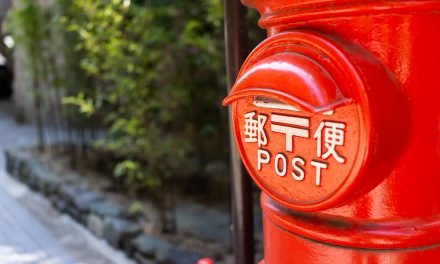
Japanese cabinet approves final bills on deregulating post services
Prime Minister Junichiro Koizumi’s Cabinet on Tuesday endorsed the remaining two bills of a set of four on postal services deregulation and plans to submit both to the Diet.
On April 26, the Cabinet endorsed and submitted the other two bills, featuring fundamental reform measures for postal service-related operations, effectively steamrolling opposition from heavyweights in Koizumi’s ruling Liberal Democratic Party.
The package of four bills is designed to allow private firms to offer mail services and establish a new public corporation that will take over the existing postal services — mail, postal savings and “kampo” life insurance — from the government in 2003.
The two bills endorsed Tuesday feature detailed policies and rules to carry out the measures.
The issue of privatizing postal services, considered one of Koizumi’s key projects, is highly political as there are many lawmakers in the LDP with vested interests in the issue.
Koizumi hails accord
Prime Minister Junichiro Koizumi on Tuesday endorsed a settlement reached by two of his Cabinet ministers regarding a row over the proposed dissolution of debt-ridden Japan National Oil Corp., government officials said.
Takeo Hiranuma, minister of economy, trade and industry, and Nobuteru Ishihara, minister in charge of administrative reform, told Koizumi of the basic accord they reached last Wednesday to effectively dissolve the state oil firm by the end of March 2004.
“Keep up the good work,” Koizumi was quoted by the officials as telling Hiranuma and Ishihara.
Hiranuma later told reporters, “Thank goodness we could reach a settlement after so many twists and turns.”
Under the accord, the Ministry of Economy, Trade and Industry this month will submit two bills related to the dissolution of the company. The bills will call for the JNOC to devote itself mainly to the disposal of its assets from the end of fiscal 2003, and to liquidate itself by the end of fiscal 2004.
METI initially proposed disbanding the JNOC and transferring its core functions to a successor company by the end of fiscal 2003.
However, METI’s plan met with objections from Mitsuo Horiuchi, chairman of the General Council of the ruling Liberal Democratic Party, and from Ishihara.












